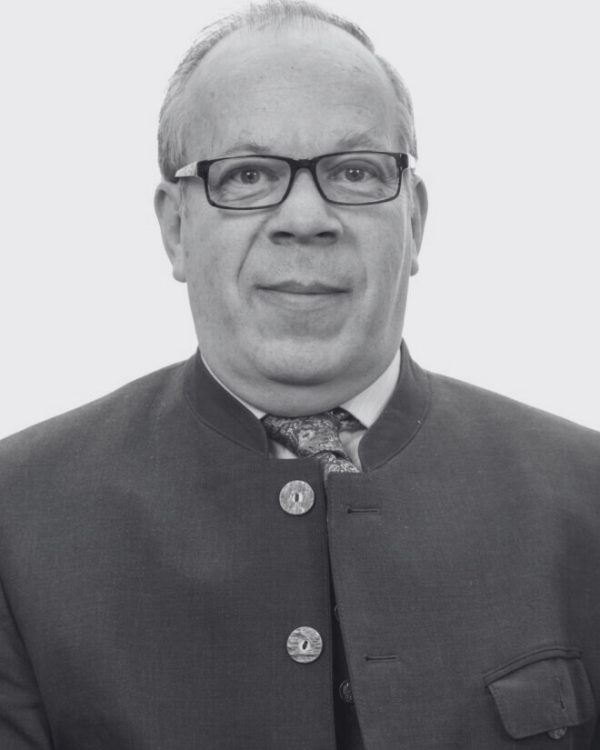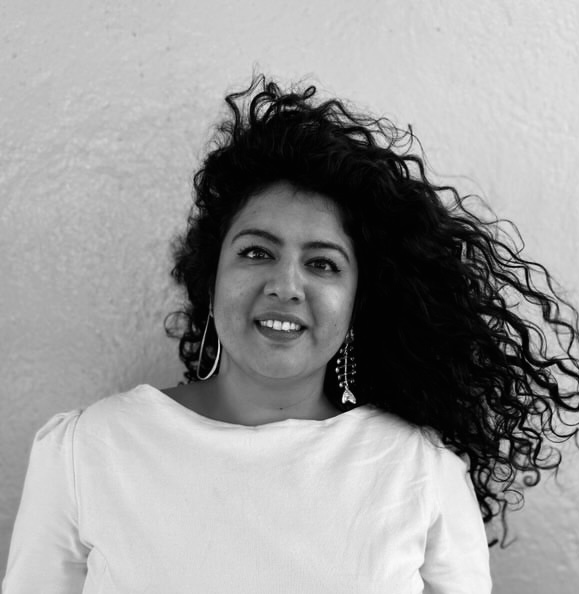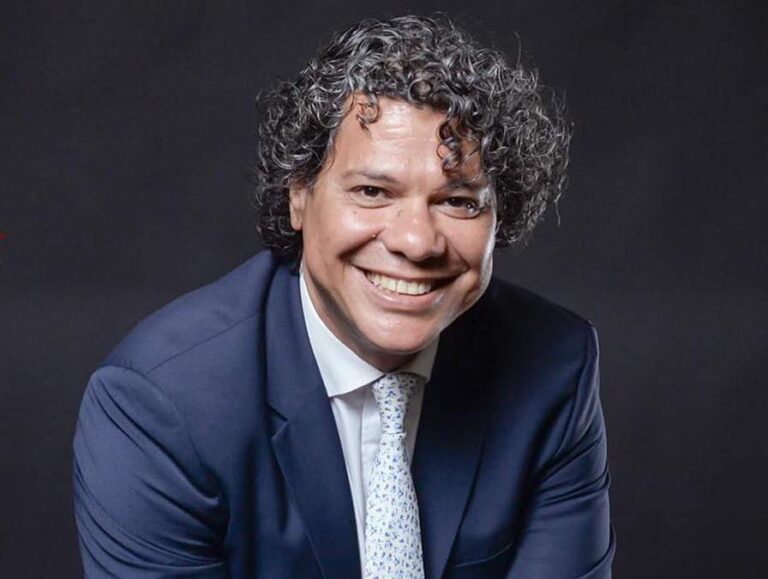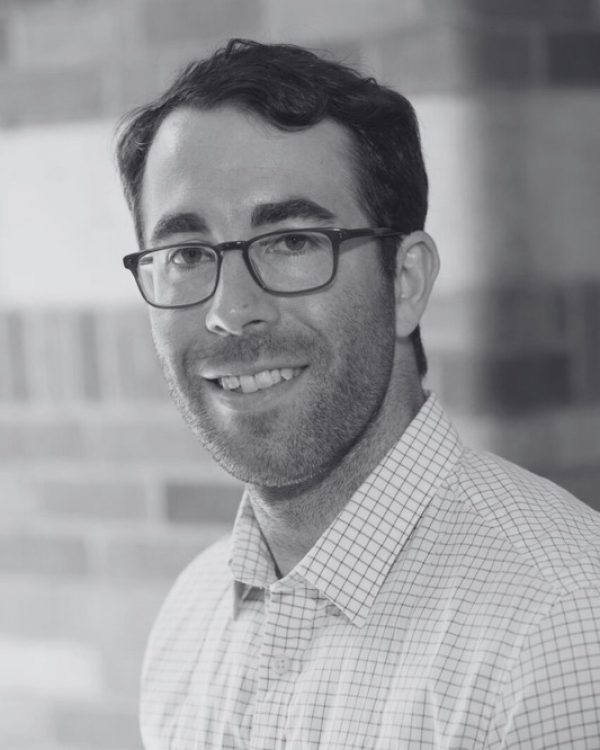Aga Khan Library Lectures
The Aga Khan Library aims to expand its impact through a series of collaborations with intellectuals and scholars, whom we invite to share their expertise in our public forum. We organize lectures featuring distinguished speakers, each offering unique insights into diverse intellectual and cultural traditions. These thought-provoking lectures serve as a platform for meaningful discussions and the exchange of ideas.
Philosophy After Ibn Sina
A lecture by Dr Michael Rapoport
27th November 2025
For the past two decades, the study of pre-modern Muslim philosophy has sought to challenge the outdated yet persistent notion of a “Golden Age” of philosophy that peaked with figures like Avicenna (Ibn Sīnā) and Averroes (Ibn Rušd) before suffering an irreversible decline due to the critiques of “orthodox” theologians, most notably al-Ġazālī in his Tahāfut al-falāsifa. This decline narrative, rooted in the 19th-century work of scholars like Ernest Renan and Tjitze de Boer, was tied to a broader portrayal of civilizational decline paralleling Europe’s rise. By the 20th century, it fell out of favour, partly because of dismissive attitudes toward the intellectual merit of philosophical commentaries. While contemporary scholarship has largely rejected the decline thesis, there remains no consensus on how to understand the Postclassical Era of Philosophy in the Muslim world.
This lecture will explore attempts to reconcile differing perspectives on the nature of philosophical discourse during this period, while also addressing the challenges of constructing such definitions amidst lingering uncertainties.
Dr Michael Rapoport is a scholar of pre-modern Arabic and Islamic intellectual history at Florida Atlantic University, with interests in philosophy, science, theology, and medicine. He is an expert on the philosophy and legacy of Avicenna. His first book, Science of the Soul in Ibn Sīnā’s Pointers and Reminders examines Avicenna’s most challenging and influential text, which presents scientific explanations for a variety of phenomena associated with the soul, from cognition to clairvoyance, prophecy, and magic. Dr. Rapoport earned his PhD in Near Eastern Languages and Civilizations from Yale University (2018).

A Life in the Shadow of the Rubāʿiyyāt ʿUmar al-Khayyām
A talk with Russell Harris.
5th November 2025
This talk, to be delivered by Russell Harris, speaks of a personal journey – how he discovered the voice and music of Umm Kulthūm in 1970s Liverpool and how she inspired him to learn Arabic in order to understand the texts she sang. The talk covers the inroads made by Persian culture in the 19th century into mainstream literary and musical culture worldwide with particular reference to Edward FitzGerald’s masterly and accidentally epoch-making English reworking of the by-then almost unknown quatrains of Umar Khayyam. The talk will show to some extent how seemingly different cultures are the subject of cultural cross-fertilization and the exchange of styles of poetry. As well as providing some biographic information on perhaps the Arab world’s most significant songstress, Umm Kulthūm, and her lyricist, the great Egyptian ‘poet of the people’, Aḥmad Rāmī, the talk will be enhanced with visual illustrations and short audio examples.
Russell Harris, has an MA in Oriental Studies from Balliol College, Oxford. His duties at the IIS include editing entries for the Encyclopaedia Islamica, writing and improving etymologies, picture research, proofing and consulting on translations of Arabic texts. He is a contributor to the Dictionary of National Biography, The Routledge Encyclopedia of 19th Century Photography and The Oxford Companion to Food. He has written many articles on Middle Eastern art for various international journals and magazines and has published books on portraits of India’s ruling princes from the archives of the V&A Museum and the National Portrait Gallery. He has also curated exhibitions of historic photographs in institutions throughout Europe and the Middle East as well as being a published literary translator.
The Memoirs of Muhammad Abdullah Draz (1894-1958)
A documentary film screening with producer Noha El Kholy
24th June 2025
Decades after his death, Noha El Kholy uncovers the letters, diaries, and photographs left behind by her great-grandfather, renowned Azharite scholar Mohamed Abdallah Draz.
Through this archive, she retraces M.A. Draz’s life story: from his native village of Mahallat Diyay; to his youth in Alexandria; and Paris, where he was deployed on a government mission and authored his doctoral thesis at the height of the Second World War.
Recollections of family members, experts, and strangers impacted by his words paint a portrait of a loving father, cosmopolitan man, and pioneering scholar. Their testimonies revive his vision of an Islamic faith rooted in love and tolerance, and all the adversities faced along his way to bring it to the world.


Women & Sufism of Pakistan: Field Research Insight
An interactive lecture with Attia Shiraz, Westminster City Libraries & Archives.
15th May 2025
This talk explores the marginalised narratives and ongoing contributions of women in South Asia’s Sufi culture and music through the perspective of an arts curator, Attia Shiraz.
She will share a short film, curatorial research and practice behind the exhibition, Awaken: Sufi Music & Women of South Asia (Royal College of Music Museum). This exhibition explored the connection of women in the musical landscape of Sufism during the Mughal period, India Partition 1947 to the present. During her research, she built an archive of audio and live performances of women in ghazal, sufiyana kalam, Indian classical and film music. Attia’s field research in Pakistan involved visiting archives, sacred and historical sites, and interviews with various musicians, archivists and African Siddi community.
The talk will share an understanding of lived experiences and shared cultural landscapes of Muslim, Sikh and Hindu communities and will allow visitors to handle musical instruments and explore photographs from the journey from Lahore, Multan, Attock, Sindh to Karachi.
Ms Attia Shiraz an independent researcher and curator. Attia continues to research the influence of Imperial women and courtesans of the Mughal courts who shaped the culture of Sufism and music in the North Indian subcontinent. Attia co-leads the arts and cultures at Westminster City Libraries & Archives, where she has partnered with community organisations, art and cultural institutions to support oral histories, creative health offers and produces contemporary visual art and music events. Attia is a member of the board of trustees at The Showroom Gallery, London and decision panels for Westminster City Council’s arts and culture grants. Attia is currently mentoring emerging visual artists from Qatar and India.
The odyssey of the oldest Qur’an in the Royal Library of Morocco
A lecture by Dr Éléonore Cellard.
28th April 2025
This lecture explores the history of Morocco’s oldest preserved Qur’anic manuscript—a rare, single-volume codex written in Kufic script and dating back to the 2nd AH / 8th century CE. Likely of Eastern origin and sometimes attributed to Caliph ‘Uthman ibn ‘Affan, the manuscript travelled westward over the centuries before finding its place in the Royal Library. Remarkably intact until the late 20th century, it later suffered extensive fragmentation, leading to the disappearance of numerous folios—many of which have since surfaced on the art market. Using archival photographs and direct examination, Dr Cellard retraces the manuscript journey and highlights the challenges of preserving ancient Islamic heritage
Dr Éléonore Cellard is a specialist in early Qur’anic manuscripts, focusing on their transmission and preservation. She earned her PhD in Arabic Language and Literature from INALCO and later worked as a research and teaching assistant at the Collège de France (2015–2018). She is currently researching a significant Qur’anic manuscript attributed to Caliph ‘Uthman. She has contributed to international research projects such as Coranica and Paleocoran, led training courses in manuscript studies, and published widely in the field. Her works include Codex Amrensis 1 (2018) and several peer-reviewed articles on Qur’anic manuscript transmission


What Can Muslims Offer to Europe Today?
A lecture by Dr Wael Farouq from Università Cattolica del Sacro Cuore, Milan, Italy.
21st February 2025
Europeans attempt to escape their past, while Muslims increasingly turn to theirs—raising the question of what kind of present could unite these trajectories. European identity, deeply wounded by the catastrophes of two World Wars, has rejected “”great narratives”” such as religion, ideology, and even science, fearing their exclusivity could undermine pluralism and lead to renewed conflict. This rejection has left individuals reliant on fragmented, transient personal narratives, incapable of generating collective meaning.
In contrast, Arab societies, shaped by the legacy of colonialism and cultural subjugation, have sought refuge in an idealized vision of their origins. These origins have become a dominant, mythical narrative, obstructing the ability to engage with history and generate new meaning for contemporary life.
The meeting ground for these civilizations lies with European Muslims, who embody an intersection of values from both traditions. They hold the potential to advance intercultural dialogue and deepen Europe’s commitment to diversity and pluralism, offering a unique framework for reconciliation and shared meaning.
Dr Wael Farouq is a distinguished professor of Arabic language and culture at the Catholic University of the Sacred Heart in Milan, Italy. With extensive teaching experience at prestigious institutions such as the American University in Cairo, the University of Macerata, and New York University, he brings a global perspective to his work. He is the director of the Arabic Cultural Institute in Milan and a member of several prominent scientific committees, including the Center for Arabic Language Research (CARA) and the Observatory of Terminologies and Language Policies (OTPL).
An accomplished author, Farouq has published widely in Italian, Arabic, and English. His notable works include The Fatwā in the Digital Age (2024) and Conflicting Arab Identities (2023). He is also the co-author of Dio salvi la ragione (God Save Reason) with Pope Benedict XVI and Not Just Good, but Beautiful with Pope Francis.
Beyond his academic career, Farouq has served as a cultural consultant for the City of Milan and is an active member of the editorial staff of the Rimini Meeting, Europe’s largest cultural event.
